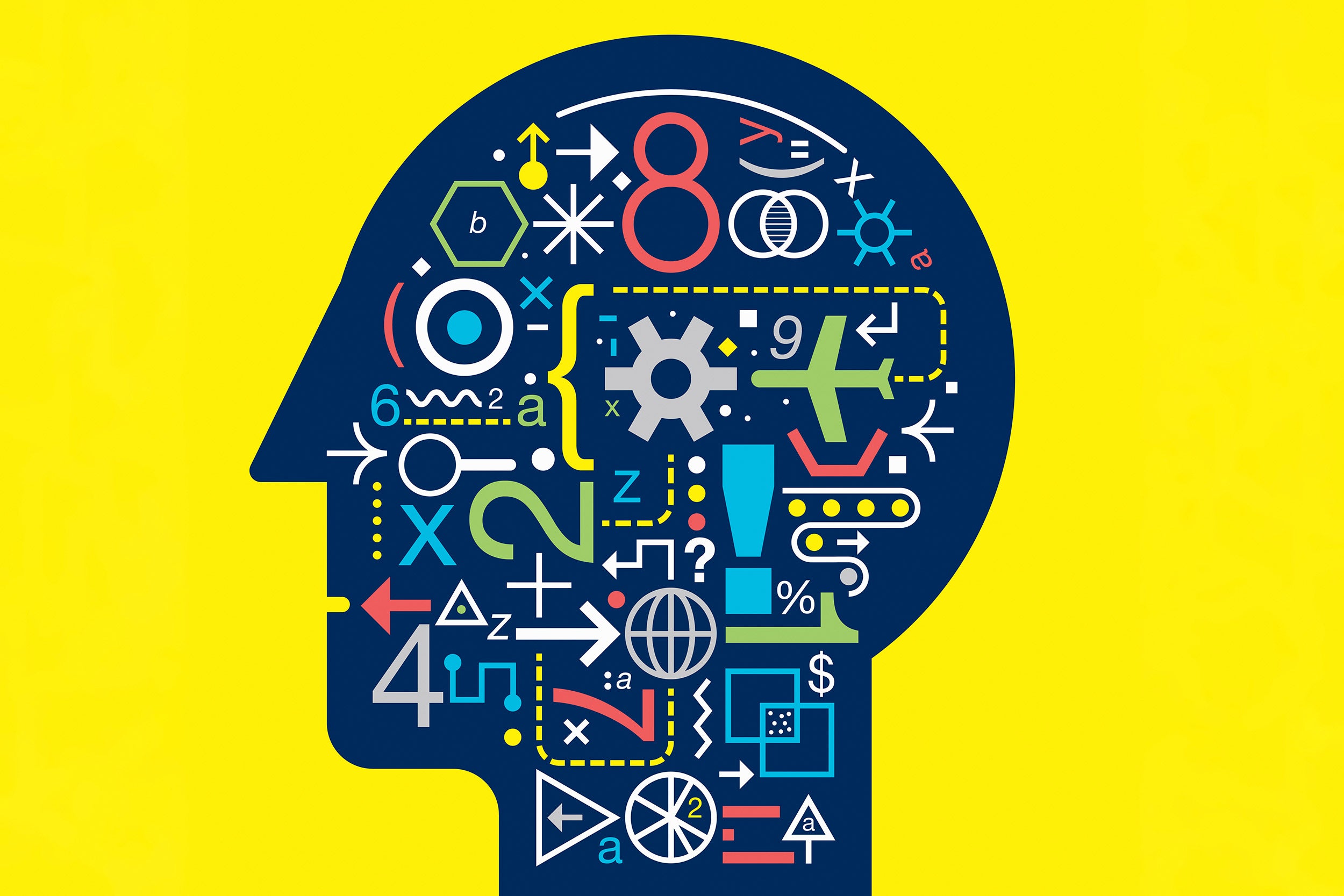The better you are at math, the more money seems to influence your satisfaction
Compared to people who aren’t as good at math, people who are better at math are more happy when they have high incomes and less happy when they have lower incomes.
Jan. 20, 2022 • ~7 min










